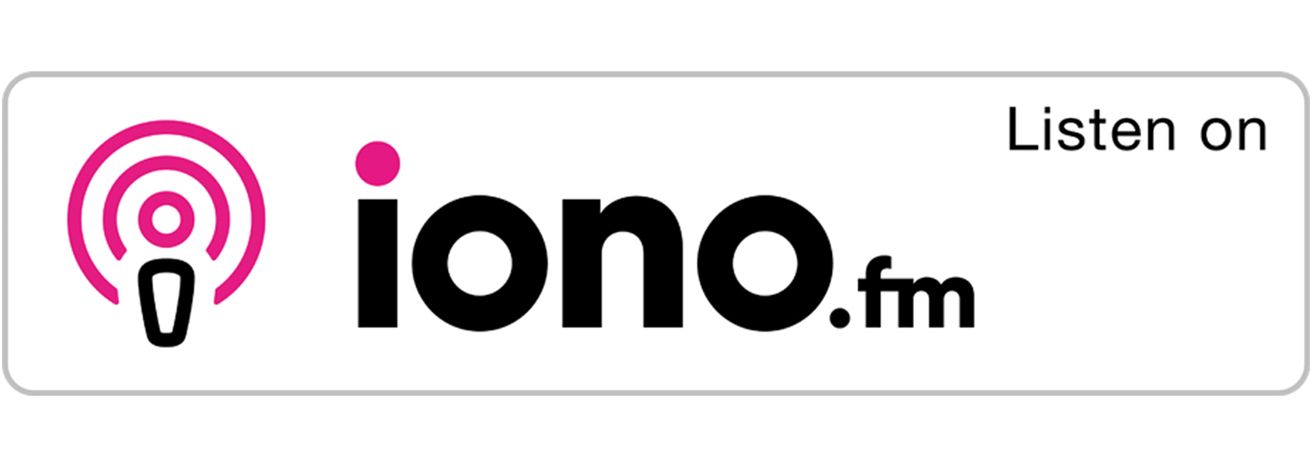Listen to the podcast
In this episode of No Ordinary Wednesday, Henk Langenhoven, Chief Economist of the Minerals Council of South Africa, Tertia Jacobs, Investec Treasury Economist, and Denys Hobson, Head of Logistics at Investec for Business, discuss the extent of the Transnet crisis, its impact on the economy and possible solutions.
Anyone who has crossed the Komatipoort Border will remember the line of coal trucks. Oftentimes, it snakes roadside for more than 20km, the queue of 18-wheelers stationary for day.
They are bound for the Port of Maputo, their sooty loads earmarked for export. Their border crossing is just a bit quicker than the time it takes for coal to form underground. Surely there are more efficient routes to South African ports?
There used to be. They went clickety-clack. But nowadays the tracks are quieter.
Transnet hauled 226 million tonnes of freight along its rail network in 2018. By 2022, that figure had starved down to 173 million tonnes. The reason for that collapse is manyfold. But a botched deal with the Chinese is central.
Derailed
In 2014, Transnet procured some 1,064 locomotives from China Railway Rolling Stock Corporation (CRRC) for circa R54 billion, inflated to the tune of around R16 billion from the initial costing of R38 billion.
Problem was, the locomotives were not compatible with our rail infrastructure. And, as a result, Transnet nullified the contract.
Way to stand up to China, right? Well, no. Because China happens to supply all the parts we need to service the locomotives that do work on our rails.
The embarrassing result is that 160 Transnet locomotives, each less than a decade old, have been sitting idle in sidings for years. The dearth of working engines has been further compounded by:
· Decades of corruption that has usurped the money needed for maintenance.
· Ongoing theft and vandalism that causes delays and derailments.
· The 2022 Durban floods that washed away stretches of track.
What happens down the line?
South African exports account for roughly a third of our GDP. From gold to grapes, we have what other countries want. But a lack of working rail infrastructure means we struggle to satisfy the demand.
That calamity has desperate knock-on effects, explored during a No Ordinary Wednesday podcast hosted by Investec’s Lenyaro Sello.
1. Revenue
“In the last year we have lost something like R40 billion in exports if we use the 2019 rail tonnages as the benchmark. If we were running at design capacity for both railways and harbours, we’d have made about R150 billion more,” said Henk Langenhoven, Chief Economist of the Minerals Council South Africa.
To put that number in perspective, he notes that South Africa’s balance of payments deficit was R30 billion last year. The forgone revenue would have likely turned that into a surplus, which comes with several benefits: a more resilient currency; improved foreign investor confidence; and higher foreign currency reserves. It can also be used to pay down debt, of which we have loads.
2. Unemployment
Creating jobs can be difficult, especially in South Africa where unskilled labour abounds. So, when there’s an industry that can usurp those workers, we need to ensure it operates at full capacity. Mining, and its auxiliary businesses, is that industry for us.
“If we could increase our mineral exports in line with demand, it would be relatively easy for us to create about 500,000 direct jobs, as well as significant indirect employment opportunities,” said Tertia Jacobs, Investec’s Treasury Economist.
Poor rail also puts existing jobs under the cosh because its inefficiencies push up procurement, warehousing, and transport costs, to name a few. Businesses must then cut costs elsewhere.
3. Competitiveness
Underperforming rail also makes our exports less competitive internationally in terms of cost, customer service and sustainability, undermining our export growth potential. It also hurts incoming investment.
“Failing infrastructure deters foreign direct investment and global companies looking to set up operations in SA. And from an export perspective, moving so much cargo via road doesn’t do anything for our international sustainability credentials,” said Denys Hobson, Head of Logistics at Investec.
Hobson then expands on the many ways in which inefficient supply chains hurt businesses and consumers. It doesn’t make for pretty listening. The silver lining is the subsequent out-the-box innovation
4. Resilience
As an exporting country, we are vulnerable to changes in the global demand for our goods. That dynamic is especially pronounced for our hard commodities like coal, iron ore, chrome, and manganese – their prices are infamously fickle.
“The rise in global commodity prices has saved our balance of payments and government finances over the past two years,” explained Jacobs. That won’t always be the case.
With more functioning rail capacity in place, we could increase export volumes to offset cyclical price declines. According to Jacobs, that elasticity has never been more critical given the economic growth ceiling imposed on us by load shedding.
To the rescue
On the 1st of May 2023, our Minister of Public Enterprises, Pravin Gordhan, led a better-late-than-never delegation to China to find a solution to the CRRC impasse that has crippled our national trainset.
Ironically, China needs the commodities we export, even more so now that zero-covid is off and growth is back on – albeit slow. The minister needs to reach a deal so we can start hauling and growing again. Light might be too much to ask for – we’ll take a flicker at the end of the tunnel.
Assuming foreign diplomacy success, freshly serviced locomotives must then be paired with swift attention to the rails on which they’ll be eager to limber up on. For that, we need collaboration.
Partner up
Here lies another opportunity for those good old public private partnerships (PPPs), something like the successful N3 Toll Concession (N3TC), where the state retains ownership and an economic interest in the infrastructure but delegates its maintenance and operations to the private sector.
Encouragingly, such an initiative has been set in motion. Transnet is engaging with the private sector to assess the viability of leasing its 670km ‘container corridor’ line that runs between Johannesburg and Durban for a period of 20 years; the private sector would operate / maintain / upgrade the line.
“80% of our rail income comes from the mining sector, whereas most railways around the world are higher value, higher volume container lines. For that type of freight, the rail infrastructure needs to be efficient to enable quick turnaround times.” said Langenhoven.
A slick Johannesburg-Durban ‘container corridor’ would take trucks off the road, increase business profitability and employment, and keep our exports competitive.
A little wiggle room
A silver lining for Transnet is that borrowing just got a smidge easier for the state-owned enterprise.
“Moody's changed Transnet's rating outlook from negative to stable after Transnet successfully issued a $1 billion loan for five years in the international bond market,” said Jacobs.
Still, there is much to do before coal trucks become lesser spotted at the Komatipoort Border – their absence will bode well for our country’s future.
Receive Focus insights straight to your inbox








